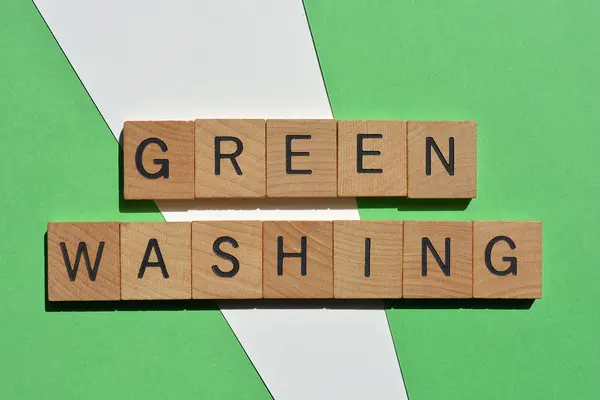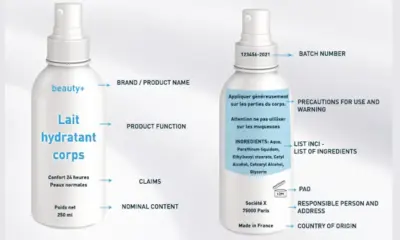Policy & Regulation
Council Targets Greenwashing with New Regulations for EU Companies
The Council for the European Union has adopted its initial position on an anti-greenwashing directive that aims to stop companies from making misleading claims

On June 17, 2024, EU Ministers responsible for the Environment agreed on a text to combat “greenwashing” through the prior verification of explicit environmental claims made by companies, including those related to carbon emissions compensation. This common position will serve as the foundation for negotiations with the European Parliament, which adopted its own text in March. The Council for the European Union has established its initial stance on an anti-greenwashing directive, and representatives will now negotiate with the Parliament regarding the final version of the new directive.
In February, the EU had already passed a text banning misleading “generic” environmental claims (e.g., “green product,” “100% natural”).
Explicit Environmental Claims
The legislative project endorsed by European Ministers of the Environment aims to be more ambitious by eliminating all unsupported environmental claims. This new proposal focuses on explicit (written or oral) environmental claims and labels that companies use voluntarily.
Whether claims state that a product or packaging is made from “recycled plastic,” is “biodegradable,” or that a delivery is “CO2 neutral” or a sunscreen is “ocean friendly,” all statements intended to attract environmentally conscious consumers must be verified by independent third-party experts before publication. The text stipulates that these claims must be grounded in the latest scientific evidence, with specific references to the environmental characteristics they address (such as durability, recyclability, or biodiversity).
Existing or new national or regional public labeling schemes will be subject to the same rules, ensuring transparency and regular reviews. However, those regulated by EU laws, such as the European Ecolabel, will be exempt.
Microenterprises and SMEs
Furthermore, EU Member States support a “simplified procedure” for certain types of claims, allowing microenterprises additional time to comply with the new regulations.
“Several support measures have been added to assist SMEs, including microenterprises, throughout this process. These measures include guidelines, tools, and efforts to reduce the administrative burden for farmers,” stated the Council.
Carbon Credits and Offsetting
The text also addresses carbon emissions offsetting, often involving tree planting or purchasing carbon credits. Companies using these methods will be required to provide detailed information about the carbon credits and the percentage of total greenhouse gas emissions they have offset.
“Today, we reached an important agreement to combat greenwashing by establishing rules for clear, sufficient, and evidence-based information regarding the environmental characteristics of products and services. Our goal is to empower European citizens to make informed green choices,” said Alain Maron, Minister of the Government of the Brussels-Capital Region, responsible for climate change, environment, energy, and participatory democracy.





















